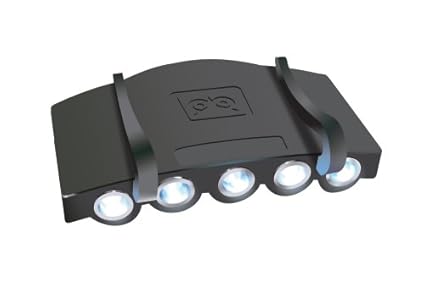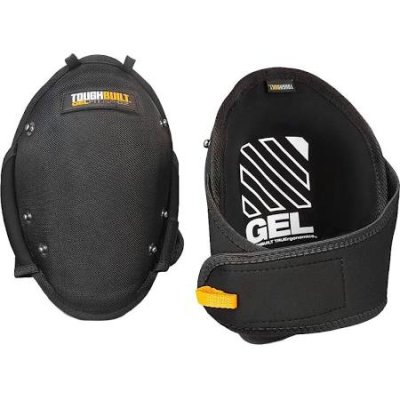RT Firefly
Enigma
Greetings,
I have an apology to make to all the mechanics out there. In the last few years I have noticed more and more mechanics wearing padded gloves while wrenching. I used to think "What woosies" but after a few recent nasty knuckle skinnings I picked up a pair at the local NAPA. You guys/gals (mechanics) got it right. Padding goes a LONG way to prevent nicks, scratches and bruises-Thanks! Also keeps the grease and goop off that manicure. Just wash and hang to dry.
I would recommend a pair for all to include in their tool box along with the safety glasses and dust masks.
Search results for: 'gloves'
I have an apology to make to all the mechanics out there. In the last few years I have noticed more and more mechanics wearing padded gloves while wrenching. I used to think "What woosies" but after a few recent nasty knuckle skinnings I picked up a pair at the local NAPA. You guys/gals (mechanics) got it right. Padding goes a LONG way to prevent nicks, scratches and bruises-Thanks! Also keeps the grease and goop off that manicure. Just wash and hang to dry.
I would recommend a pair for all to include in their tool box along with the safety glasses and dust masks.
Search results for: 'gloves'





 )
)



